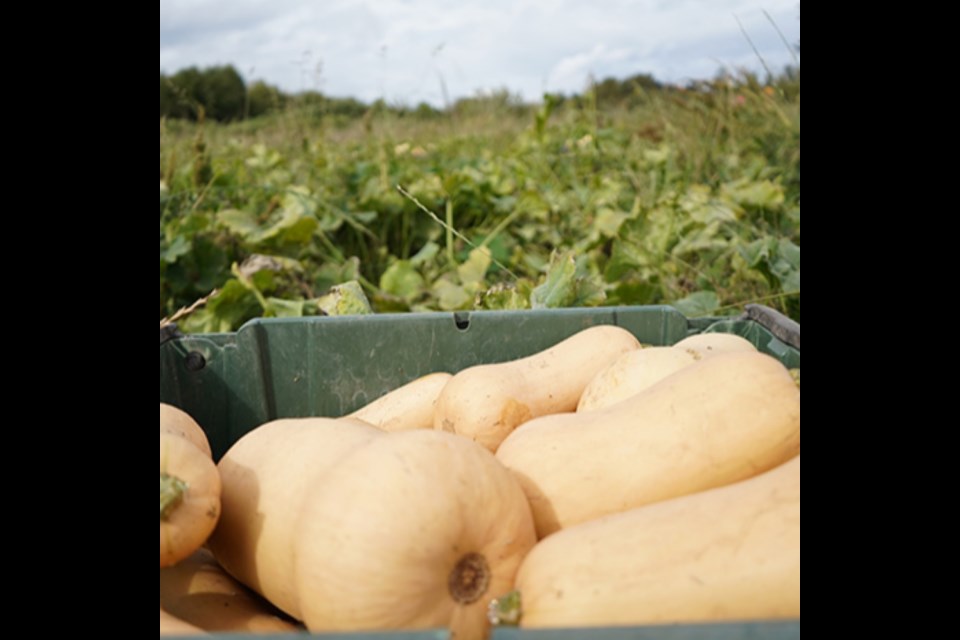Although the qathet region and Comox Valley on Vancouver Island could be a “bread basket” food growing region local residents can rely on year-round, only about 15 per cent of our food is grown locally.
The BC government has made food security one of its priorities and sees it as a necessity to train the next generation of farmers.
North Island College has been running a regenerative farming program for five years and has partnered for the first time with Vancouver Island University (VIU) tiwšɛmawtxʷ campus to offer the program to people living in the qathet region.
“We are excited about this opportunity,” said Bob Haugen, director of continuing education and training for North Island College. “Regenerative farming is a type of organic farming where you start with soil that has been fertilized too heavily and all the nutrients have been extracted from it; then you rebuild the soil with regenerative farming techniques and every year [the soil] gets better.”
Most gardeners have heard from experts that having a productive garden comes down to the type of soil used.
According to Haugen, regenerative farming can restore rough farm areas and make them productive again, but that is only one part of the program offered by the college.
“Our program covers all things to do with organic farming: vegetable production, small and medium size farm operation and animal husbandry; the program is built around all those elements,” said Haugen.
The free program starts with a one-week boot camp on a farm in the Comox Valley. The hands-on training covers tractor certification, irrigation system operations, handling animals, planting a crop and working in a greenhouse.
“After the week is done the students from the qathet region go back to their community and intern for eight weeks on a local farm,” said Haugen. “So far four farms have agreed to take the students.”
The newly trained agrarians can choose what aspects of farming they are most interested in; the college will try and match them within a suitable farm. The students will continue their education with online classes taught by experts in the field.
“One of the things is budgets [college/university] are limited so when one institution has a good program with demand we try to share the curriculum and share the delivery,” said Haugen. “Science has proved that regenerative organic farming is the most productive way to grow food and the BC government supports that in the long term.”
According to Haugen, in the Comox Valley, only about 35 per cent of the Agricultural Land Reserve (ALR) is being utilized for food growing.
“The government years ago set the ALR for farming and right now there is a lot that isn’t being used; it should all be used,” said Haugen.
The strange paradox is that although BC has the land to grow food, a majority of fruits and vegetables come from California.
“We don’t have workers and there is a stigma to farming,” said Haugen. “We are looking to fill the employment gaps in the industry.”
North Island College also partnered and developed the program with Young Agrarians, which sponsors the training.
“Young Agrarians know all the farms and farmers out there and know what their needs are,” said Haugen. “They have looked at our curriculum and see what needs to be improved; we are excited to have them as a partner.”
This year’s program is underway and runs until October 5, but will be offered again in the future. This is the fifth iteration of the free program with expenses for gear, transportation and lodging also paid for by the program.
“The younger generation are recognizing the need for nutritious food and getting away from super-processed foods; I am super hopeful about them,” said Haugen. “There is a really strong back-to-the-land movement with young people right now; they want to contribute to the health of the planet and the people who live on it.




